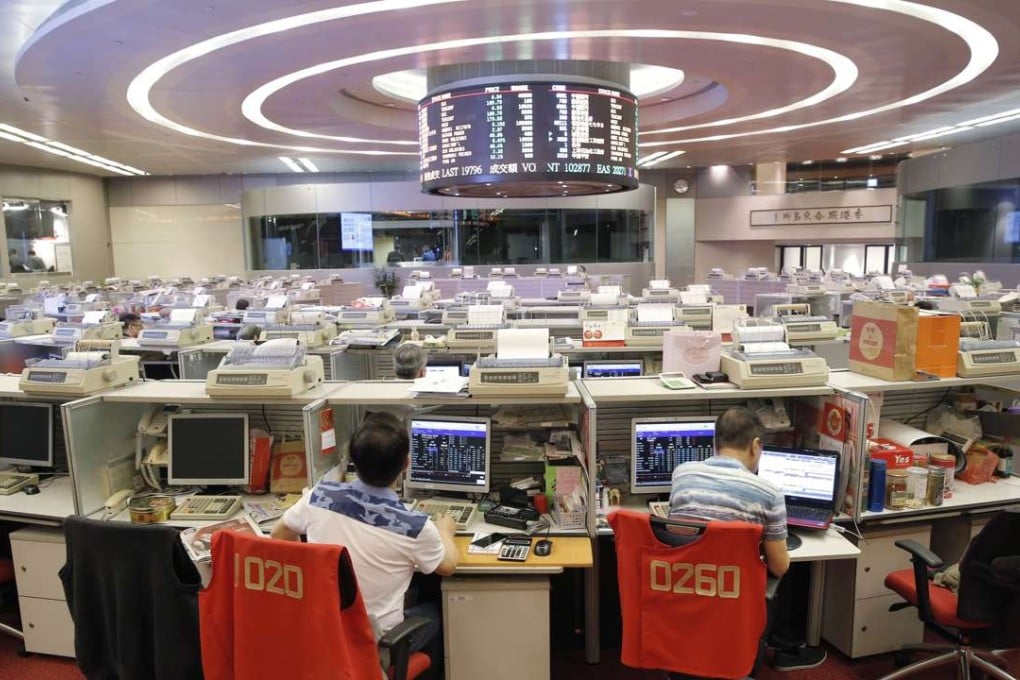New closing auction for stock market a fine balancing act
The last time such a system was introduced in Hong Kong, it was a failure; hopefully, the new, improved version will meet the needs of all players

Hong Kong’s stock market already has a pre-opening period for placing orders. Now, operators and regulators have reintroduced a closing auction, which, they promise, will be a new and improved version of the old such session. Let’s hope it will work better this time. The latest system means extending trading hours by eight to 10 minutes from 4pm by using a tender method to determine a stock’s closing price based on matching prices from the largest volume of last-minute orders. It replaces the traditional closing method that used the median price of five snapshots taken during the last minute of trading, without taking into account trading volume.
Supporters argue the new system, open to professional fund managers and retail investors alike, helps eliminate arbitrary pricing at the end of the trading day and enhances efficiency and price discovery. Critics say it enables price manipulation by professional traders placing large orders during the last minutes.
Predictably, it has been a battle between the city’s small brokers and the big fund houses. The former is happy with the old system; the latter wants even more unrestricted trading at the closing of the market.
The latest system has been a compromise between the two camps as the exchange’s operators and regulators strive to develop the local market in line with international practice.
Hong Kong has been among the last of the developed economies to introduce a closing auction. Back in 2008 when the first closing auction was launched, the system was heavily criticised as being open to manipulation whenever there were heavy swings in share prices during the tender period. It lasted just 10 months before the exchange suspended it.